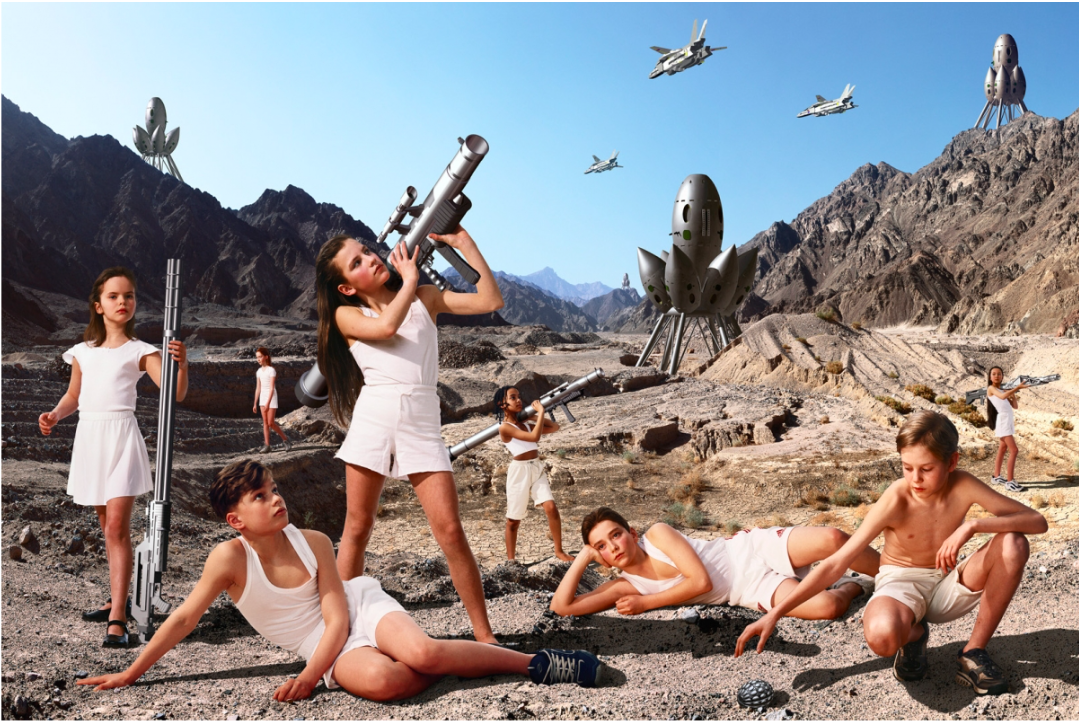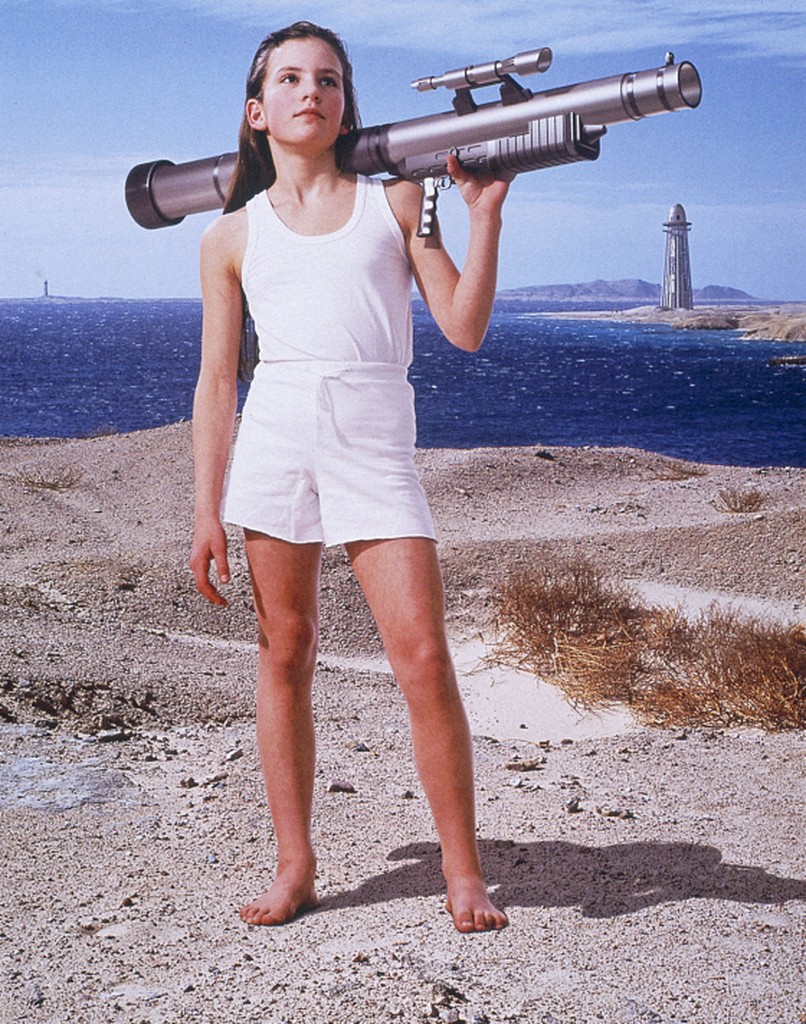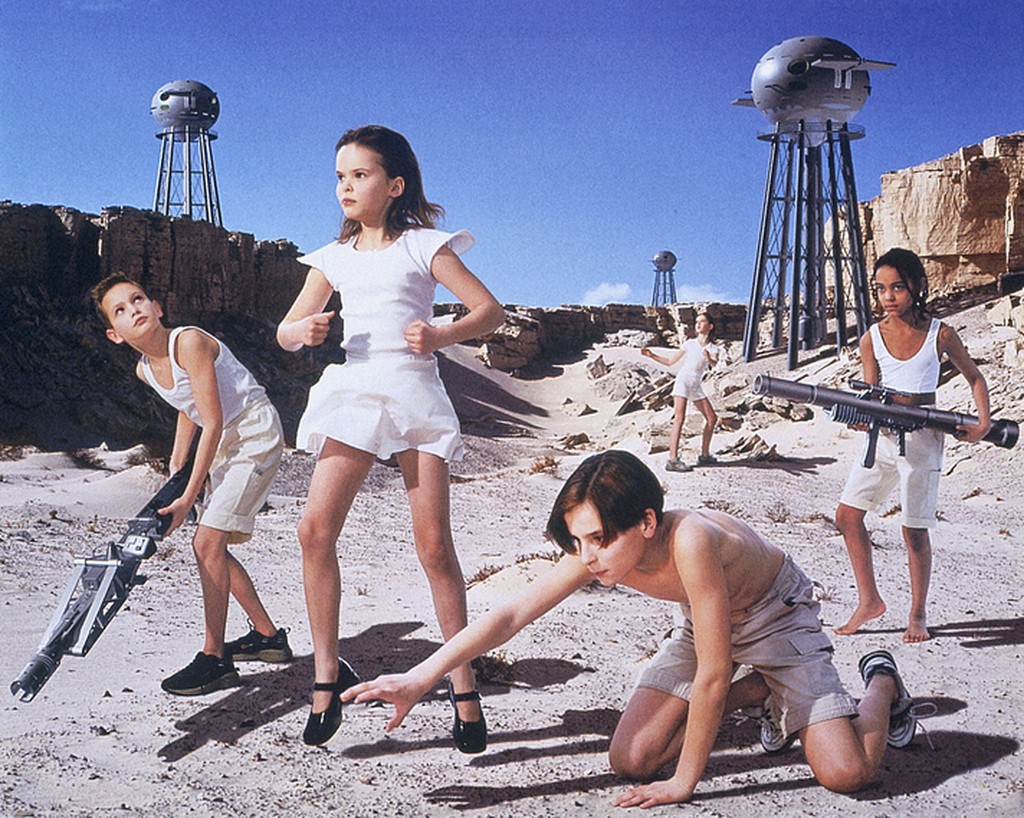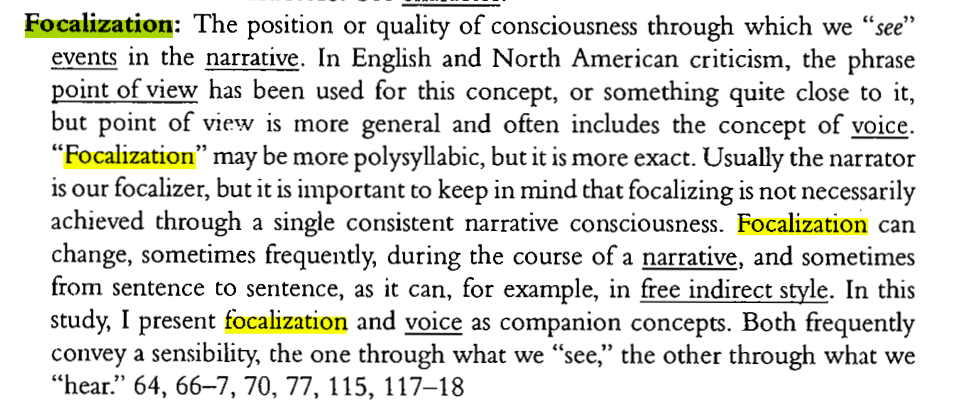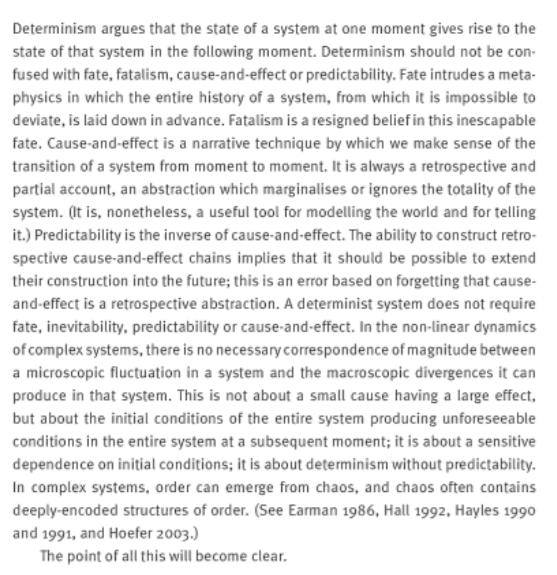What is the shape of History? We’re taught to think of Time as an arrow, with the Past unspooling behind us and the Future twinkling in the distance as we ride the Present like a crowded bus down a straight road. Aristotle once argued that humanity experiences the world as a series of Nows. It’s easy enough tag this split second of existence but as soon as we’ve done so the moment has passed into Then.
Continue readingCategory Archives: Thinking the Present/ Contemporary Culture
John Has a Long Mustache (225/303/415)
We’re almost there.
Punch and Judy (303/415)
Here’s the documentary on the Punch and Judy show:
This is a short film of a Punch and Judy show in 1901. By this time the genre had been gentrified somewhat, pruned of its more disturbing elements in order to meet middle- and upper-class sensibilities.
Focalization (225/303/415)
Hart of the Wood (303/415)
William Caxton’s 1483 version of the legend of St. Eustace, from The Golden Legend.
This is the wall painting in Canterbury Cathedral that inspired Russell Hoban’s novel Riddley Walker.

Connecting Dots (303/415)
“The rich are only defeated when running for their lives.”
Can anyone really imagine any American politician saying this out loud? Even as a metaphor– one of the ways James intended this statement– it’s impossible to envision the most “radical” political figures in national politics– an Ilhan Omar or a Rashida Tlaib– using such language.
One of the secrets of American politics is that both Democrats and Republicans share a common philosophy: they are Liberal in the broadest sense of that term, which is to say they are devoted to the notion of a Free Market as the foundation of political rights, the social order, and economic prosperity. Unified by this commitment, in the absence of any substantial disagreement on the basic principle, Dems and Reps have had to find other ways to distinguish themselves from one another. The easiest, most inflammatory and engaging means of doing so is to fight Culture Wars that focus on issues of identity and morality rather than on the structural violence of the inequality that is an unavoidable outcome of the capitalist system. Though they may quibble about specific policies, on the issue of political economy, as Barack Obama affirms, the two parties are fundamentally in agreement.
Determinism without predictability (303/415)
Materialist Conception of History (303/415)
In the social production of their existence, men inevitably enter into definite relations, which are independent of their will, namely relations of production appropriate to a given stage in the development of their material forces of production. The totality of these relations of production constitutes the economic structure of society, the real foundation, on which arises a legal and political superstructure and to which correspond definite forms of social consciousness. The mode of production of material life conditions the general process of social, political and intellectual life. It is not the consciousness of men that determines their existence, but their social existence that determines their consciousness. At a certain stage of development, the material productive forces of society come into conflict with the existing relations of production or – this merely expresses the same thing in legal terms – with the property relations within the framework of which they have operated hitherto. From forms of development of the productive forces these relations turn into their fetters. Then begins an era of social revolution. The changes in the economic foundation lead sooner or later to the transformation of the whole immense superstructure.
Poem
“I Want a President” by Zoe Leonard
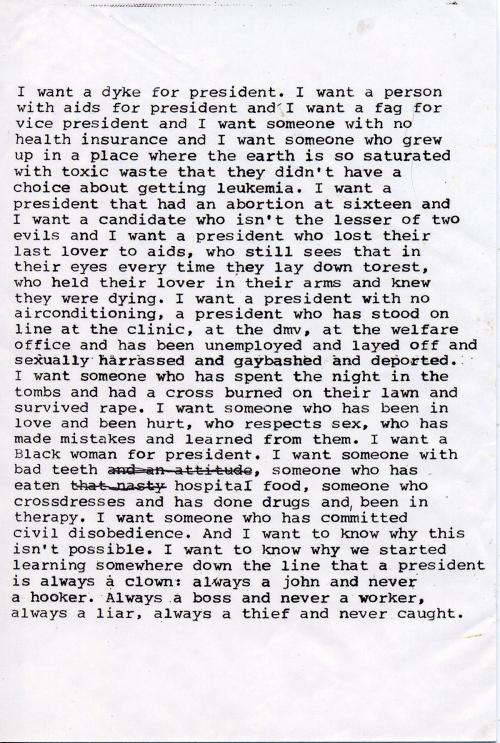
Action Half-Life
Images from a project by art collective AEF+F called Action Half-Life
